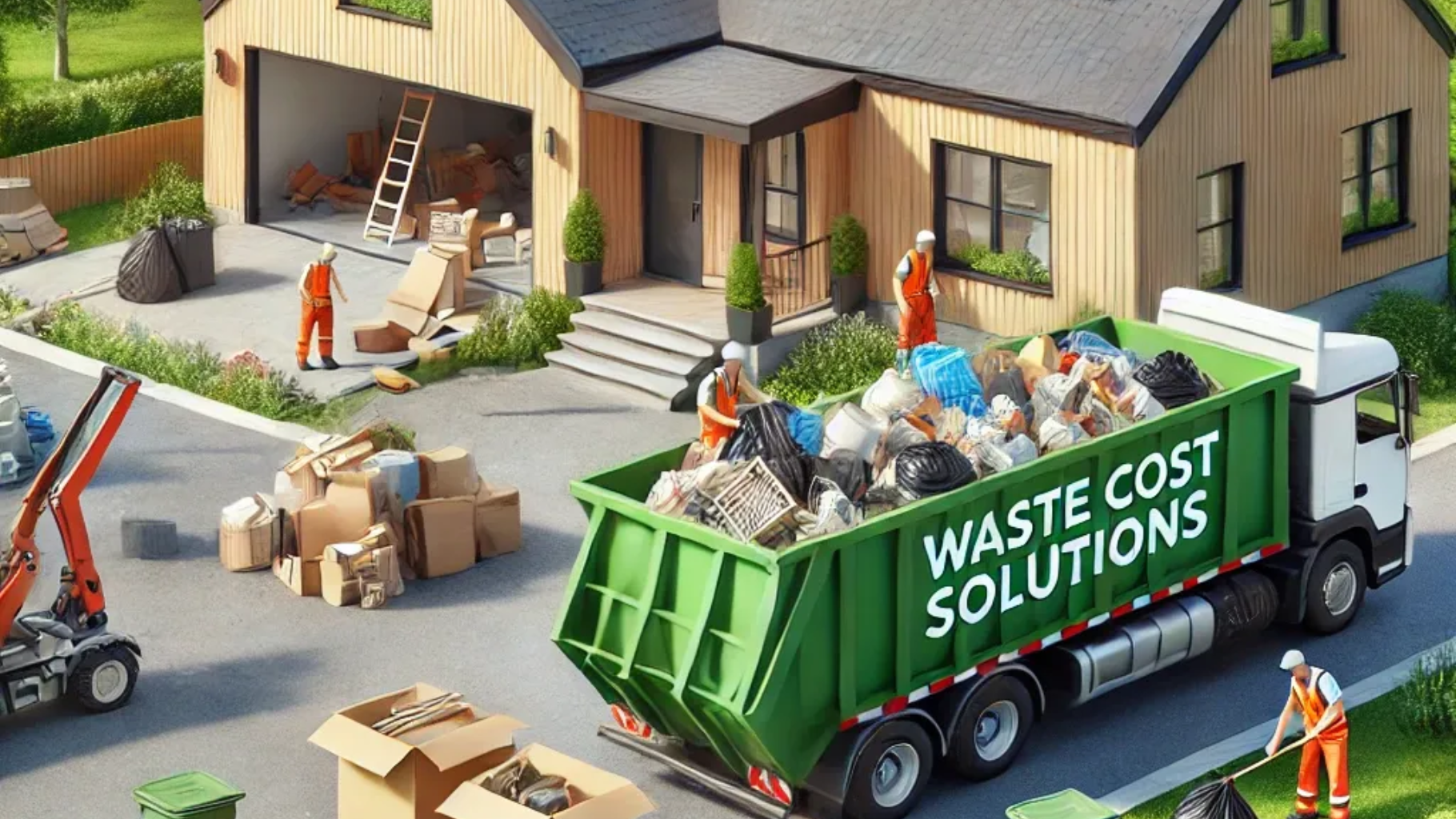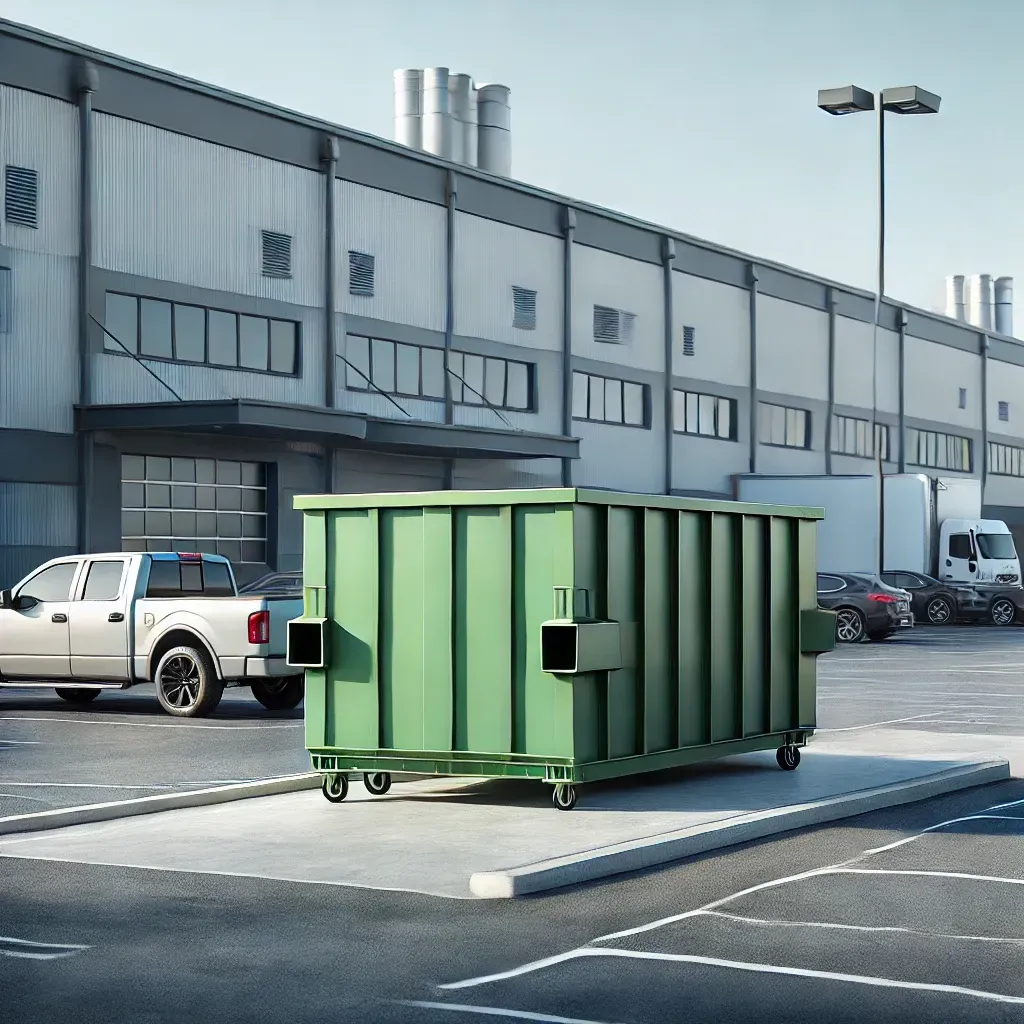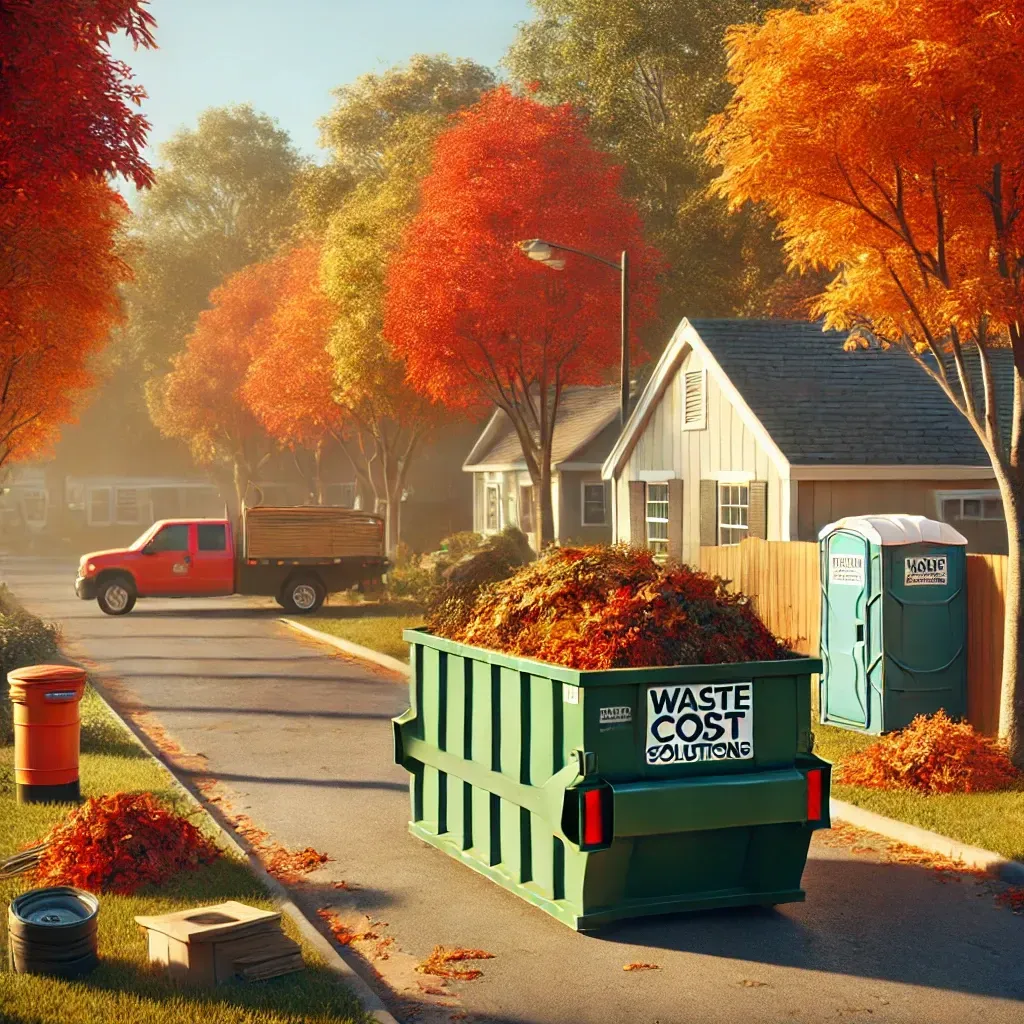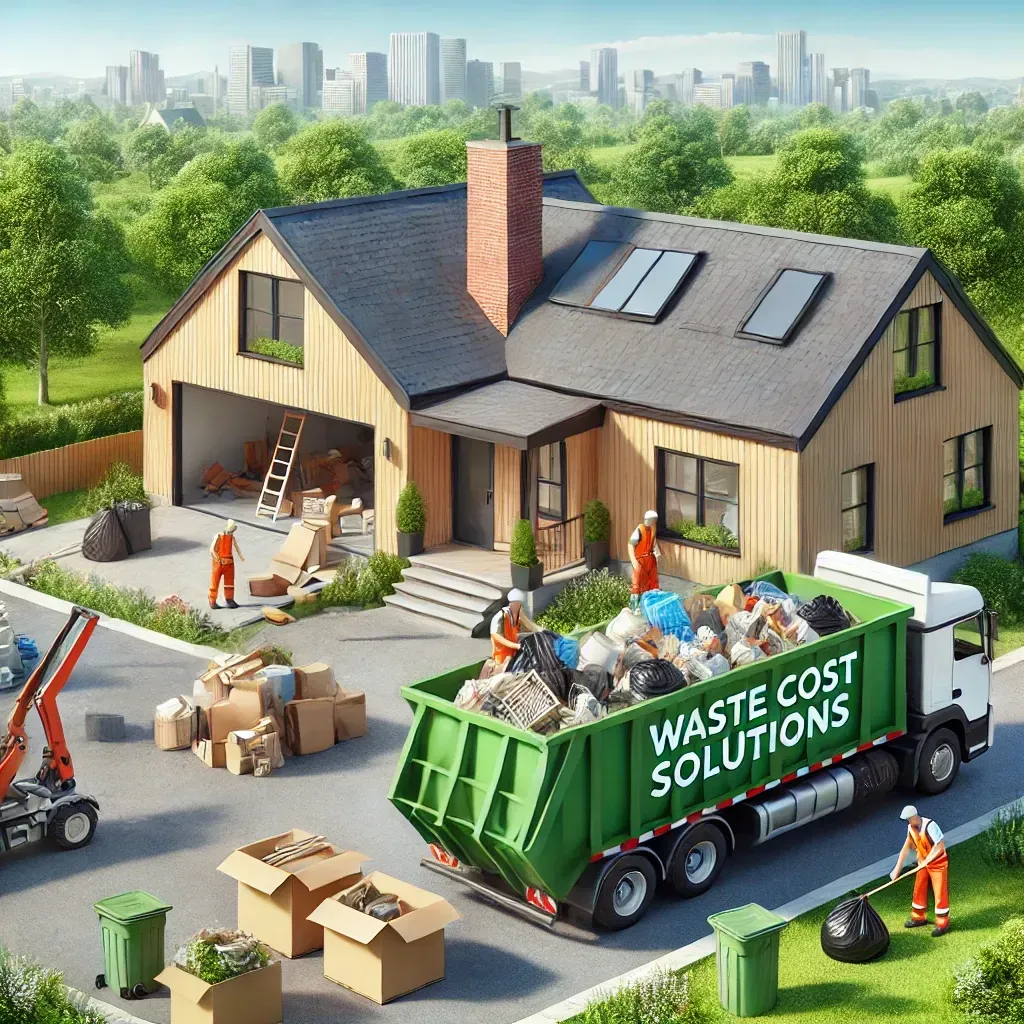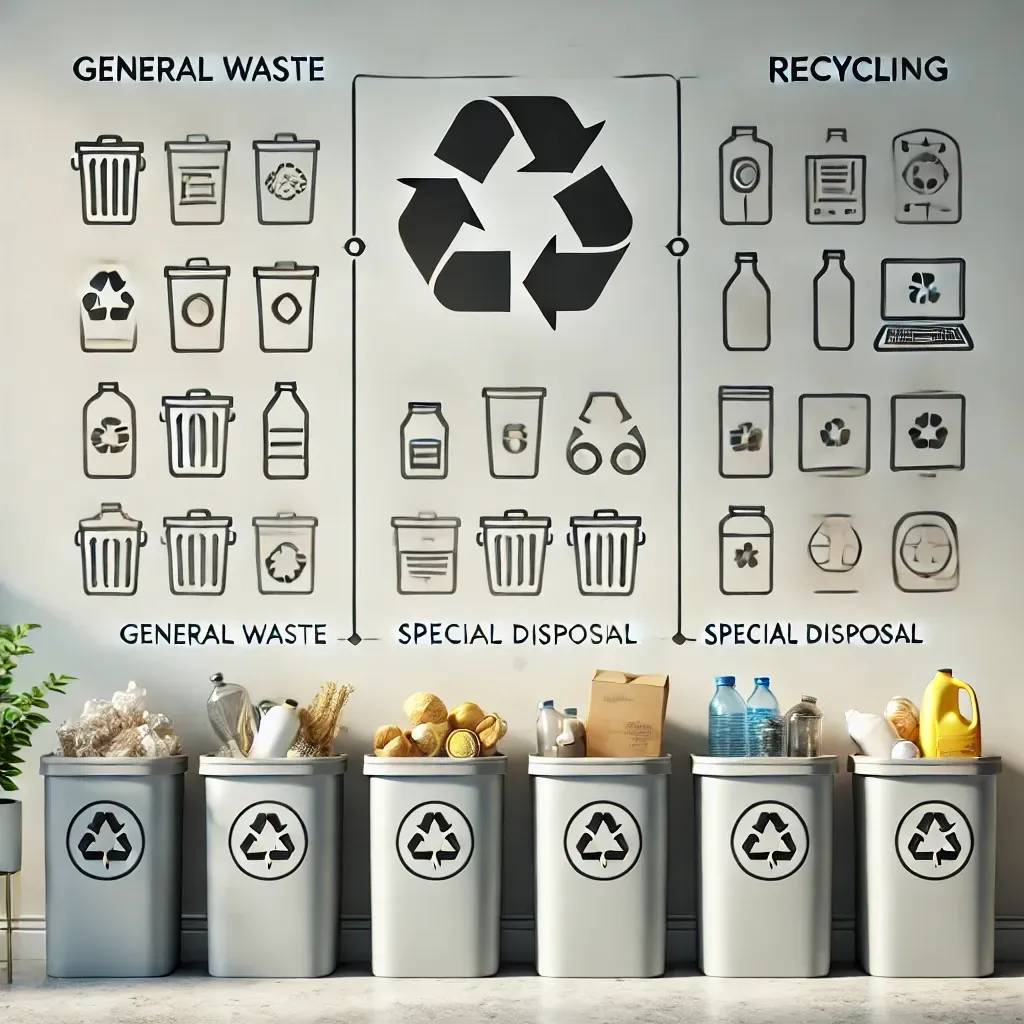Hotel Waste Management: How to Make It More Efficient
Hotel Waste Management: How to Make It More Efficient
Waste management is a critical issue for hotels. With the increasing amount of waste generated each year, it is important to find ways to make waste management more efficient. There are a few key areas where hotels can focus to make a difference.
- Modify operational habits: One area that hotels can focus on is modifying their operational habits. This includes things like reducing the amount of paper used, recycling materials, and using energy-efficient appliances. By doing this, hotels can reduce the amount of waste they generate each day.
- Adopt waste classification: Another way to make hotel waste management more efficient is by adopting a waste classification system. This will help to ensure that different types of waste are properly disposed of. It will also help to make it easier to recycle materials.
- One size doesn’t fit all: It is important to remember that not all hotels are the same. What works for one hotel might not work for another. This means that each hotel needs to find its own way to be more efficient with waste management.
- Re-evaluate disposal habits: Another area that hotels can focus on is re-evaluating their disposal habits. This includes things like making sure that all waste is properly disposed of and recycling as much as possible. By doing this, hotels can reduce the amount of waste they generate each year.
- Make some profit out of it: Finally, hotels can also look into ways to make money from waste management. This includes things like selling recycled materials or using waste to generate energy. By doing this, hotels can offset the costs of waste management.

The hospitality industry is one of the business niches that is accounted for the most waste generated all over the world. From an operational point of view, it shouldn't surprise anyone, since guests tend to spend resources at a high rate, while hotels need to keep their spaces clean 24 hours seven days a week. While not much thought was given to this problem in the past, today's corporate green initiatives and constantly evolving green technologies have made waste management an important aspect of the hotel industry. Let's analyze the effective ways of streamlining waste management in hotels.
Recycling programs are one of the most commonly used strategies for reducing waste in hotels. Many hotels have started implementing recycling programs in order to reduce their overall waste output. Recycling programs typically involve sorting waste into different categories such as paper, plastic, glass, and metal. The sorted waste is then sent to the appropriate recycling facilities where it can be used to create new products.
Another common method for reducing hotel waste is through the use of energy-efficient appliances and lighting. Many hotels are now using energy-efficient appliances such as dishwashers and washing machines that use less water and electricity. In addition, many hotels are also switching to energy-efficient light bulbs in order to reduce their overall energy consumption.
Finally, another effective way to reduce hotel waste is by composting food waste. Composting is a process where organic materials such as food scraps and lawn clippings are broken down into a nutrient-rich soil amendment. This amendment can then be used to improve the quality of soil in gardens or landscaping. By composting hotel food waste, hotels can significantly reduce their overall waste output.
Overall, there are a number of different strategies that hotels can use in order to reduce their overall waste output.
Recycling programs, energy-efficient appliances and lighting, and composting are all effective methods for reducing hotel waste. By implementing these strategies, hotels can make a significant impact on their overall environmental footprint.
